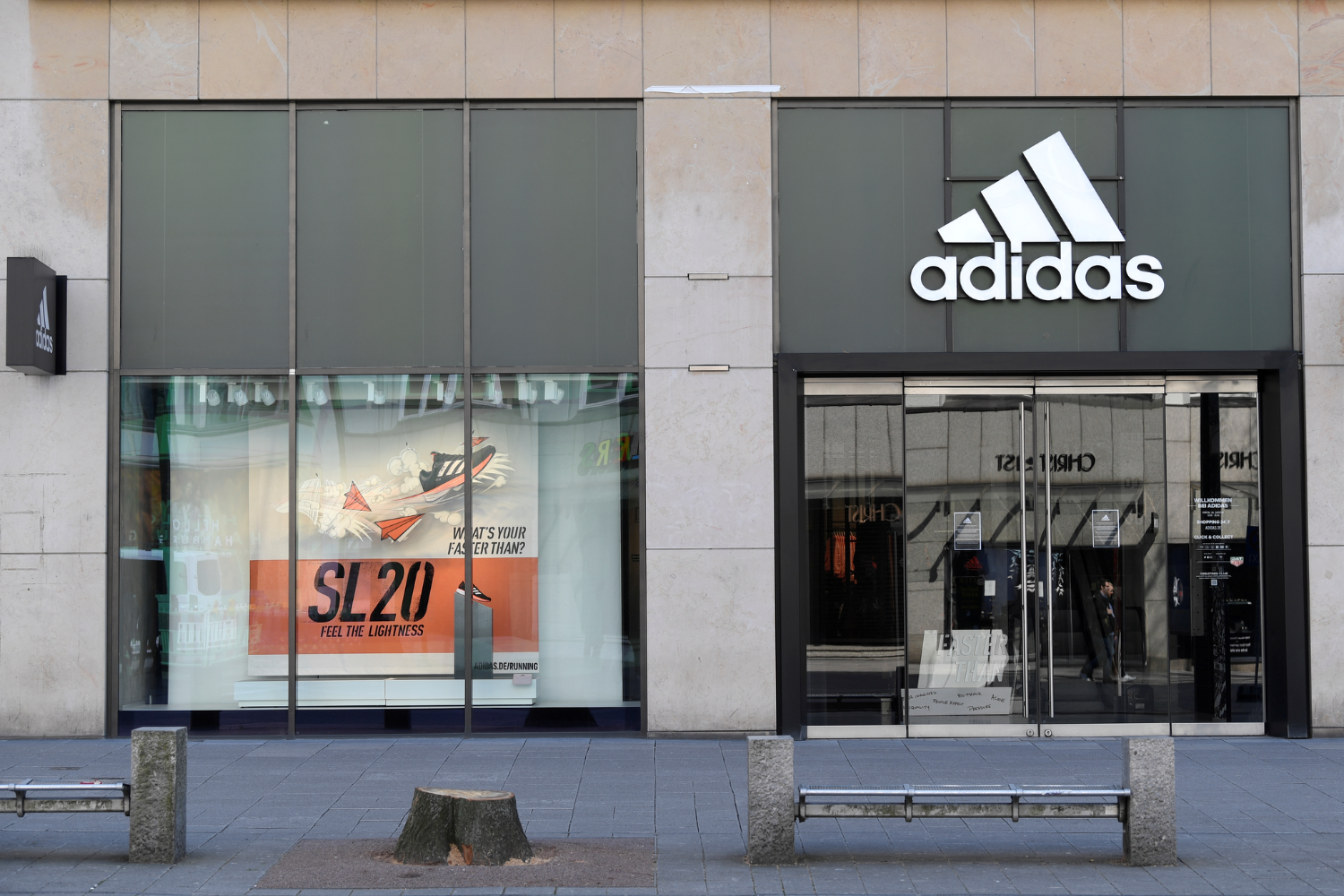Adidas Embraces Web3 With Token-Gating Technology

Adidas is taking a giant leap into the world of web3 with a new three-year partnership with Tokenproof, a platform providing blockchain-based authentication. The German sneaker maker is planning to bring token-gating, which allows brands to grant preferred access to drops, offers or events through NFTs, to its Confirmed app where Adidas releases its most in-demand products. This move will enable Adidas to offer select drops to customers via NFTs, providing a new capability Adidas is calling “direct to fan” or “direct to collector”.
For the first time ever, customers will be able to authenticate a real person and what they own, giving them token-gated access to a very curated shopping, physical experience across the Adidas ecosystem. The aim isn’t just to limit who can get a product but also to guarantee access to certain groups so they never have to wait in line or lose out to bots for a product. According to Erika Wykes-Sneyd, co-founder of Adidas’ web3 studio, this technology could support teams or clubs or leagues that are looking to get closer to their fans and their loyalists.
To use the technology, customers will need a crypto wallet and the Tokenproof app. The process may create a few extra steps for shoppers and potentially limit the number of people who would use it. However, Fonz Olvera, founder and CEO of Tokenproof, stated that they are working on ways to bring the barriers of friction down even more by embedding a wallet into the Tokenproof app so that it’s an all-in-one shop.
Once a customer connects their wallet to the Confirmed app, Adidas will be able to see which NFTs they’re holding, such as those tied to products they’ve bought in the past or events they attended. Adidas is thinking about how it can use this information to personalize offers and invites in more innovative ways than sending out an email a customer isn’t likely to read, according to Wykes-Sneyd. This technology will give Adidas a valuable source of customer data, which is growing more important as privacy measures make it harder for brands to target shoppers. In addition, customers will be rewarded for providing their data.
Adidas is now competing against its biggest rivals in sneakers, Nike and Puma, in web3. While the brands have taken different approaches, with Nike avoiding the term NFT altogether, all are exploring the space as a way to build membership programs and build customer loyalty. They also see an opportunity in virtual goods, which is now an official business area within Adidas.
Prior to signing the new partnership deal, Adidas worked with Tokenproof on token-gating events it’s held recently for its web3 community. Guests who checked in for Adidas’ NFT NYC event at its New York flagship last month were airdropped a 20% discount usable in-store with the Tokenproof app. According to Olvera, this marketing strategy shows how companies can further incentivize participation based on previous participation with the brand. This technology opens up a lot of possibilities, he added.
The move to web3 is an exciting new frontier for Adidas and marks a significant step in its quest to connect with its customers in a more meaningful way. By using blockchain technology to authenticate customers and offer token-gated access, Adidas is taking customer relationship management to a new level, offering customers a more personalized experience while also providing valuable data to the brand. As web3 technology continues to grow, it will be interesting to see how brands like Adidas continue to innovate and connect with their customers.






